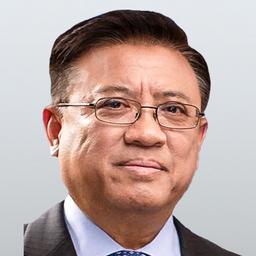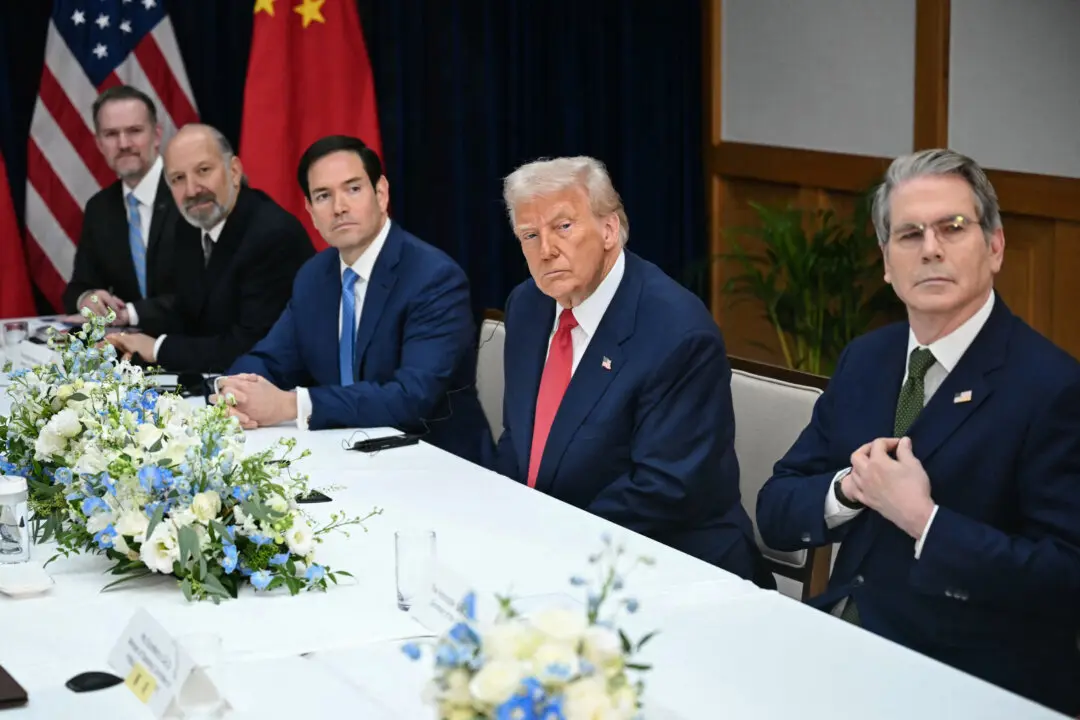America was shocked. A major Hollywood film maker had its proprietary information hacked—personal emails, scripts, unreleased footage—and spilled out onto the web. The criminals wanted to establish they were serious. If Sony did not withhold the movie The Interview from release, terror attacks targeting movie theaters would follow.
Commentators agreed: this was a new kind of threat. A totalitarian regime was trying to determine what Americans could watch. Our way of life was at stake in a manner never before seen.
Since the initial reports, the story has become more complicated. Experts have determined that the release of Sony’s information was accomplished by an insider at the company, not by a North Korean hacker. The latest news is the insider was probably working for Russia or China.
After initially withdrawing the film, Sony released it successfully in independent theaters, as Americans flocked to see what all of the fuss was about.
While the plot has become tangled, the first impressions of the Sony affair were very valuable.
Opinion
Sony and the Ongoing War for U.S. Opinion

The Plaza Theater marquee advertises Sony Pictures' release of 'The Interview,' Christmas Day, Dec. 25, 2014 in Atlanta, Georgia. Commentators described the attempt to prevent the screening of the movie as a new threat on the American way of life. Marcus Ingram/Getty Images
|Updated:
Totalitarian regimes are threatened by freedom of expression here in the United States.




